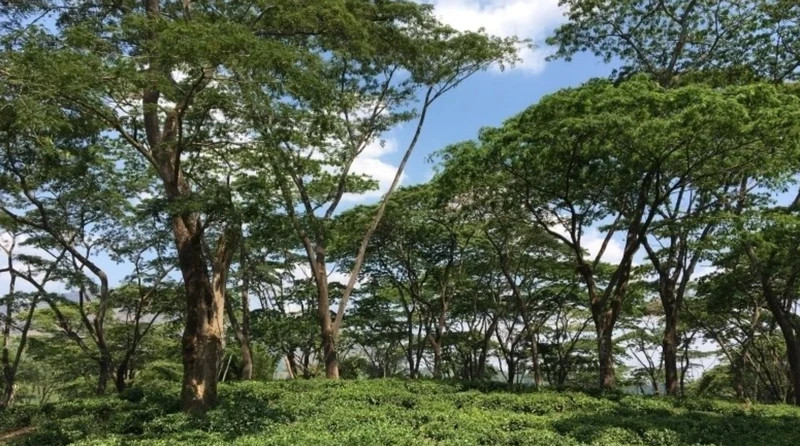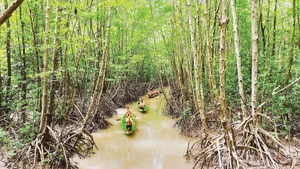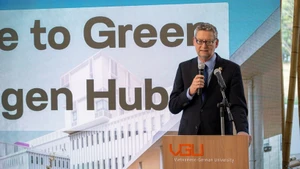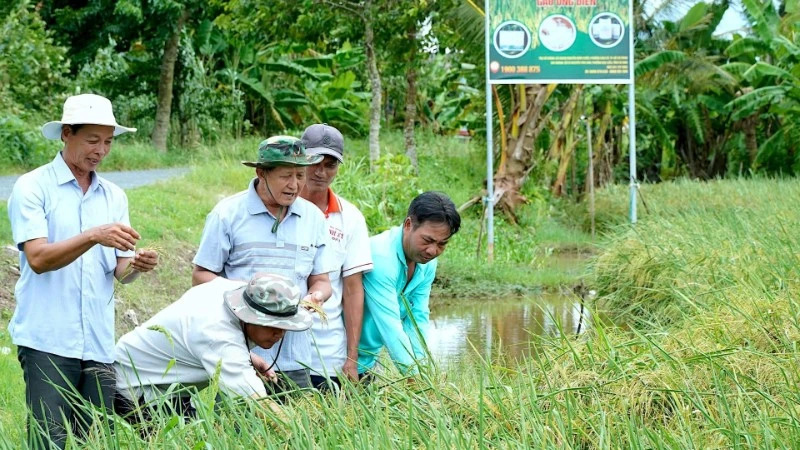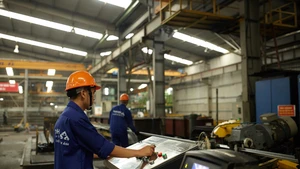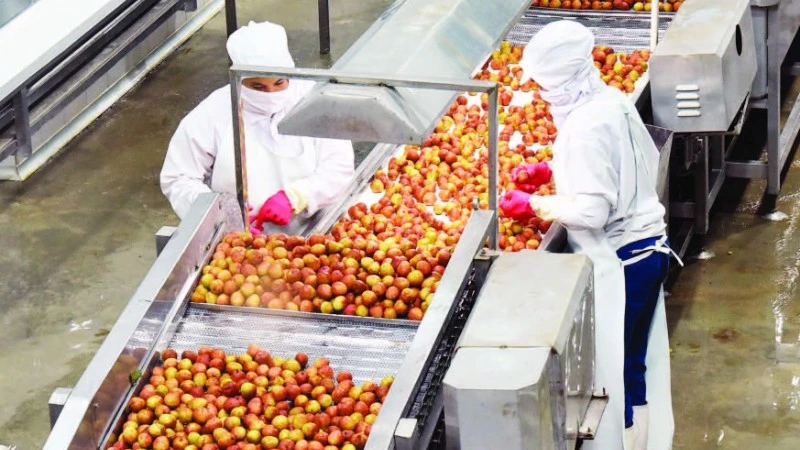The sale was part of the Emission Reductions Payment Agreements (ERPA) in the north-central region, signed on October 22, 2020, between the International Bank for Reconstruction and Development (IBRD) of the WB and the Ministry of Agriculture and Rural Development (MARD).
Until now, the Vietnam Forest Protection and Development Fund has received and disbursed all the first payments so that six north central provinces can urgently make payment plans for forest owners. The financial resources will contribute to protecting forests and improving people's lives in these provinces.
In addition, part of the money is spent on other groups with activities related to development and reducing deforestation, forest degradation, increasing income, and improving livelihoods for people working in the forest.
The Prime Minister issued Decision No. 1775/QD-TTg dated November 21, 2012, approving the Greenhouse Gas Emissions Management Project to manage carbon credit business activities to the world market, including the first regulations on buying, selling and transferring carbon credits to the world market.
Resolution No. 24-NQ/TW dated June 3, 2013, on proactively responding to climate change, strengthening resource management and environmental protection also clearly stated and promoted greenhouse gas emission reduction activities suitable to our country's conditions, based on financial and technological support from countries and international organisations.
Develop the domestic carbon credit exchange market and participate in the global carbon market.
The 2020 Environmental Protection Law outlines regulations concerning the organisation and expansion of the domestic carbon credit market. The carbon market is considered a crucial tool for reducing greenhouse gas emissions at low costs for businesses and society, promoting the development of low-emission technologies, enhancing the competitiveness of businesses and helping Vietnam achieve its net-zero emission goal by 2050.
With great advantages and potential, Vietnam's transfer of forest carbon credits has been highly appreciated by the WB. The Government directs that Vietnam will begin implementing a pilot carbon credit exchange in 2025, and will officially run a carbon trade exchange in 2028. However, according to managers, there are still many difficulties in related mechanisms and policies, to be able to deeply participate in the global supply chain in this field.
Although the issue of forest carbon has been mentioned in legal documents, especially Decree 06/2022/ND-CP, the issue of forest carbon credit transfer still lacks specific regulations to promote the trade negotiation process.
Forest carbon only becomes a commodity product for transfer when it is confirmed as a credit and must go through the process of feasibility study, project planning according to appropriate carbon standards, document verification, credit confirmation, and transfer and exchange.
To overcome this shortcoming, it is first necessary to identify gaps in the legal framework so there is a basis for proposing appropriate amendments and supplements. In particular, it is necessary to have regulations on forest carbon ownership because this is a very important condition for implementing forest carbon transfer. At the same time, it is necessary to have regulations on forest carbon, which is an asset of the forest, as well as other commodity products such as wood or non-wood forest products.
Forest carbon only becomes a commodity product for transfer when it is confirmed as a credit and must go through the process of feasibility study, project planning according to appropriate carbon standards, document verification, credit confirmation, and transfer and exchange.
This process goes through many stages and must be implemented by independent organisations, as current regulations in Vietnam do not exist, or exist but are not consistent with the carbon market and international practices.
In addition, it is necessary to have general institutional regulations for forest carbon and improve state management regulations for forest carbon, such as investigation, statistics, inventory, and assessment of forest carbon stocks in the annual national forest status announcement.
Because forest carbon credits are a special commodity, to encourage businesses to invest in this field, the Government needs to issue a decree guiding the implementation of the 2020 Investment Law on mechanisms and policies to Encourage businesses to invest in the forest carbon credit business.
This is a form of contract signed according to investment certificate procedures, to diversify forms of cooperation, contributing to high efficiency and sustainability in promoting forest carbon credit business in the current development trend.
